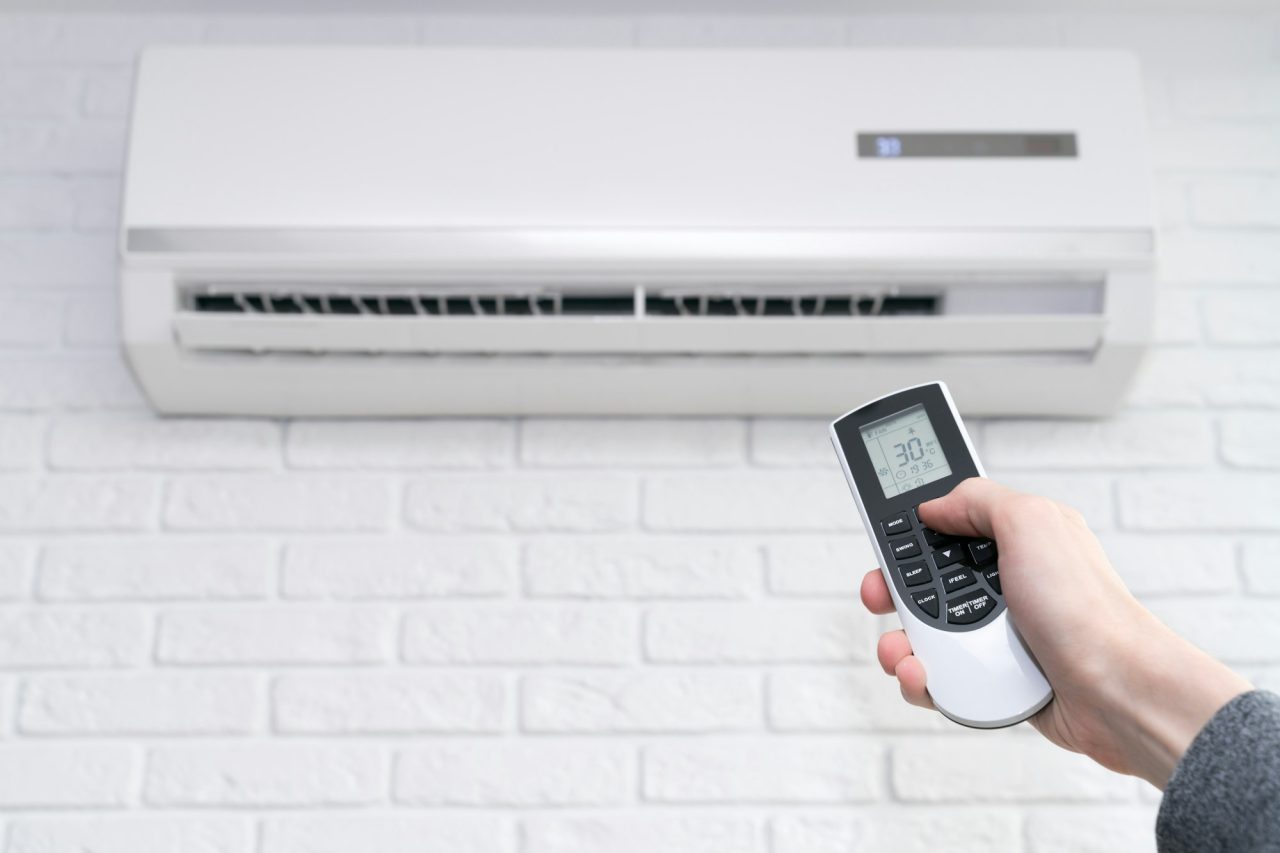Introduction
Choosing the right HVAC (Heating, Ventilation, and Air Conditioning) system for your new home is crucial for ensuring comfort, energy efficiency, and long-term savings. With a myriad of options available, making the right choice can be daunting. This guide will help you navigate the process of selecting the perfect HVAC system for your new home, taking into account factors like size, efficiency, type, and cost.
Understanding HVAC Systems
HVAC systems are integral to maintaining indoor comfort. They regulate temperature, humidity, and air quality, ensuring a pleasant living environment. In Canada, where climate conditions can vary greatly, selecting the right HVAC system is even more critical. There are several types of HVAC systems to consider, each with its own benefits and drawbacks.
Types of HVAC Systems
-
Split Systems
These are the most common types of HVAC systems. They consist of an outdoor unit (containing the condenser and compressor) and an indoor unit (containing the evaporator coil and air handler). Split systems are efficient and cost-effective, making them ideal for homes with enough space for both units.
2. Ductless Mini-Split Systems
These systems do not require ductwork, making them perfect for homes without existing ducts or for room additions. They offer flexibility, as you can control the temperature of individual rooms independently. This feature enhances energy efficiency and personal comfort.
3. Packaged Systems
In these systems, all components are housed in a single unit, typically placed outside the home. Packaged systems are suitable for homes with limited indoor space but might be less efficient than split systems.
-
4. Geothermal Heat Pumps
These systems use the earth’s constant temperature to heat and cool your home. Although they have a high initial cost, geothermal systems are extremely efficient and eco-friendly, offering significant long-term savings.
5. Hybrid Systems
Hybrid systems combine a gas furnace with an electric heat pump, switching between the two depending on the outside temperature. This approach provides optimal efficiency and comfort throughout the year.
Factors to Consider When Choosing an HVAC System
1. Size of Your Home
The size of your HVAC system should match the size of your home. An undersized system will struggle to maintain comfort, leading to higher energy bills and reduced lifespan due to overworking. Conversely, an oversized system will cycle on and off frequently, causing wear and tear and inefficient operation.
To determine the correct size, you can use a Manual J load calculation, which considers factors like square footage, insulation, window size, and local climate. It’s advisable to have a professional HVAC contractor perform this calculation.
2. Energy Efficiency
Energy efficiency is key to reducing your utility bills and minimizing your environmental impact. Look for systems with high SEER (Seasonal Energy Efficiency Ratio) ratings for cooling and high HSPF (Heating Seasonal Performance Factor) ratings for heating.
The minimum SEER rating for new systems is 14, but units with ratings of 16 or higher are considered highly efficient. Additionally, ENERGY STAR-certified systems meet strict efficiency guidelines set by the U.S. Environmental Protection Agency.
To determine the correct size, you can use a Manual J load calculation, which considers factors like square footage, insulation, window size, and local climate. It’s advisable to have a professional HVAC contractor perform this calculation.
3. Climate
Your local climate plays a significant role in determining the best HVAC system for your home. In colder climates, you might prioritize heating efficiency, whereas, in warmer regions, cooling efficiency becomes more important. Heat pumps are an excellent choice for moderate climates, providing both heating and cooling efficiently.
4. Cost
HVAC systems are a significant investment, so it’s important to consider both upfront costs and long-term expenses. While high-efficiency systems might have a higher initial cost, they often result in lower operating costs and longer lifespans, providing better value over time.
5. Indoor Air Quality
Modern HVAC systems come with features that improve indoor air quality, such as advanced filtration systems, humidity control, and ventilation. These features are particularly important if you have allergies, asthma, or other respiratory conditions.
6. Maintenance Requirements
Consider the maintenance needs of the HVAC system you choose. Some systems require more frequent servicing than others. Regular maintenance is crucial for ensuring optimal performance and longevity, so factor in the ease and cost of maintenance when making your decision.
Choosing the Right Contractor
Selecting a reliable HVAC contractor is just as important as choosing the right system. A professional contractor will ensure proper installation, which is critical for the system’s efficiency and longevity. Look for contractors with certifications from organizations like NATE (North American Technician Excellence) and good reviews from previous customers.
Steps to Choose a Contractor
- Research and Referrals: Ask for recommendations from friends, family, or neighbors. Check online reviews and ratings on sites like Angie’s List or the Better Business Bureau.
- Verify Credentials: Ensure the contractor is licensed, insured, and bonded. Verify their certifications and check for any complaints or disciplinary actions.
- Get Multiple Quotes: Obtain written estimates from at least three contractors. Compare the costs, but also consider the scope of work, warranty, and energy efficiency recommendations.
- Ask Questions: Inquire about their experience with the type of system you’re considering, the timeline for installation, and their maintenance and service policies
Conclusion
Choosing the right HVAC system for your new home involves careful consideration of several factors, including the size and type of the system, energy efficiency, climate, cost, indoor air quality, and maintenance requirements. By understanding these aspects and working with a qualified contractor, you can ensure that your new HVAC system will provide optimal comfort, efficiency, and value for years to come.
Investing time and effort in selecting the right HVAC system will pay off in the long run, offering a comfortable living environment and savings on your energy bills. Make an informed decision and enjoy the benefits of a well-chosen HVAC system in your new home.






